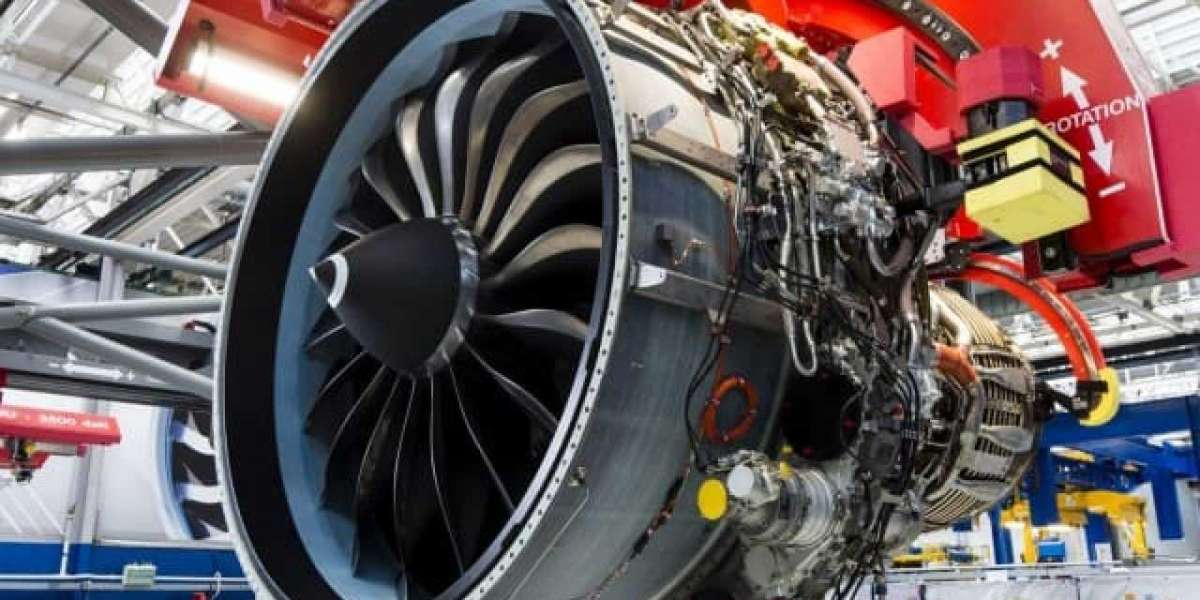The modern food industry is increasingly falling under scrutiny for its various effects on animals, the environment, and human health. One major area of concern is factory farming, a system characterized by intensive and industrialized methods of animal production. While factory farming has become the dominant method for providing an affordable food supply, its ethical implications cannot be ignored. This article will delve into the interconnection between factory farming and animal rights, shedding light on the significant ethical concerns associated with this practice.
Factory farming, also known as industrial agriculture or confined animal feeding operations (CAFOs), has gained momentum over the past several decades, driven by the growing demand for cheap meat, dairy, and eggs. This method involves confining animals in large numbers, often in cramped and unsanitary conditions, where they are intensively bred, raised, and slaughtered for human consumption. In this system, animals are treated as mere commodities, prioritizing efficiency and profit over their well-being.
The link between factory farming and animal rights is deeply rooted in the inherent mistreatment and exploitation of animals. Such intensive confinement leads to significant distress and suffering for the animals involved. They are deprived of their natural behaviors, unable to roam freely, engage in social interactions, or express their natural instincts. This confinement and stress can result in physical and psychological ailments, including lameness, obesity, and aggression.
Furthermore, the practices within factory farming often involve cruel procedures such as debeaking, tail docking, and castration, all performed without proper anesthesia or pain relief. These procedures are implemented to prevent injuries or discourage certain behaviors resulting from the extreme confinement and stressful conditions. Such practices blatantly disregard the basic principles of animal welfare and ethical treatment.
Factory farming also poses significant environmental concerns. The sheer scale of this system demands vast amounts of resources, including land, water, and feed. The environmental impact of factory farming includes deforestation, water pollution, greenhouse gas emissions, and the depletion of natural resources. The harmful practices associated with this method contribute significantly to climate change, biodiversity loss, and degradation of ecosystems.
Moreover, factory farming also poses risks to human health. The dense and unsanitary conditions in which animals are kept create a breeding ground for diseases. The large-scale use of antibiotics in these facilities contributes to the emergence of antibiotic-resistant bacteria, posing a global public health threat. In addition, the consumption of meat and other animal products from factory farms has been linked to numerous health concerns, including heart disease, obesity, and foodborne illnesses.
Addressing the ethical concerns associated with factory farming is essential for promoting a more sustainable and humane food system. Transitioning towards more ethical practices requires a multifaceted approach. Governments must enact stricter regulations and enforce animal welfare standards in the livestock industry. Consumers should be encouraged to make informed choices by supporting local and organic farming practices, as well as adopting plant-based diets or reducing their consumption of animal products.
Additionally, raising awareness about the impact of factory farming on animal rights and the environment is crucial. Education campaigns, media coverage, and advocacy groups play a vital role in promoting conscious consumerism and fostering a wider understanding of the ethical implications of our food choices.
In conclusion, the connection between factory farming and animal rights cannot be ignored. Factory farming perpetuates animal cruelty, environmental degradation, and risks to human health. By promoting ethical practices and supporting alternative methods of food production, we can work towards a more sustainable and compassionate future for animals, the environment, and ourselves. It is our collective responsibility to ensure that factory farming becomes a relic of the past, replaced by ethical and sustainable alternatives.
https://humanefoundation1.blogspot.com/2024/02/unmasking-hidden-horrors-animal-cruelty.html |
https://hrjobs.lattice.com/employers/2755564-humane-foundation |








